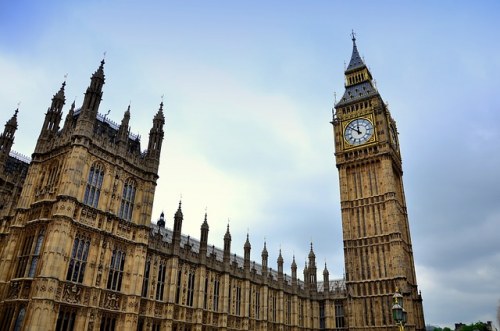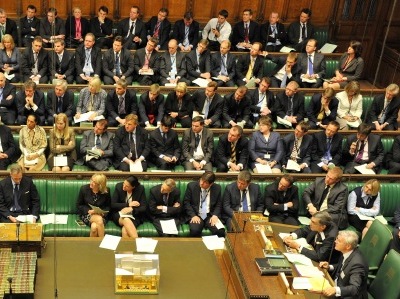Government ministers have rejected all six proposals put forward to help give Parliament equal female representation.
The government has rejected proposals to set a target of 45 per cent for representation of women in Parliament; to introduce a minimum proportion of female parliamentary candidates in general elections for each political party; to introduce fines for those parties who do not meet these requirements; and to introduce requirements for parties to publish their diversity data.
Ministers voting on the proposals said that “significant progress” had already been made and that it was down to each individual party to choose its candidates.
This year’s general election yielded the highest proportion of women elected into Parliament – 208 women, up from 191 in 2015. However, women still only make up 32 per cent of MPs.
The proposals were originally put forward by the Women and Equalities Committee in a report published in January 2017.
The committee also recommended that the government extends the time for which the Sex Discrimination (Election Candidates) Act 2002 is in force, in order to allow political parties to use all-women shortlists beyond 2030. They also recommended that the Government bring forward legislative proposals to update the Sex Discrimination (Election Candidates) Act 2002 to allow all women shortlists for all elected mayor and police and crime commissioner posts.
The government said, “The main political parties have had some success in increasing women’s representation in the House of Commons, but more needs to be done.”
“The government does not believe that the best way to achieve this is through legislation and placing an additional regulatory burden on political parties.”
“Instead, we look to the parties to lead the way through further and more vigorous voluntary action.”
Maria Miller, Chair of the Women and Equalities Committee, said, “The UK is failing to be a world leader on women’s representation.”
“There are still more than twice as many men as women in the House of Commons: after the 2017 election, women still only make up 32 per cent of MPs.”
“This demands a vigorous response across the board, but the government has shown it is content to sit on its hands with an approach which has yielded depressingly slow progress so far.”
“The government’s failure to commit to this – or to accept any of the previous committee’s other recommendations – shows a complete lack of action and ambition to bring about real change.”









